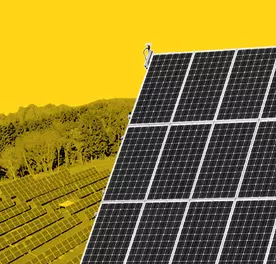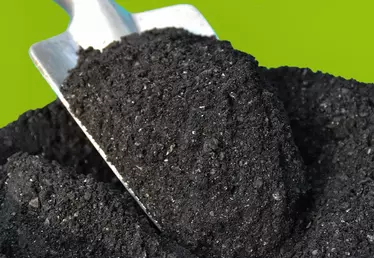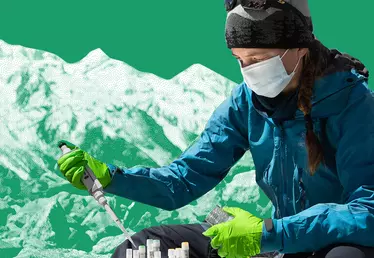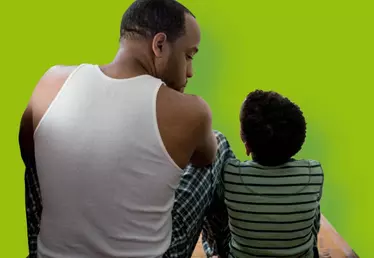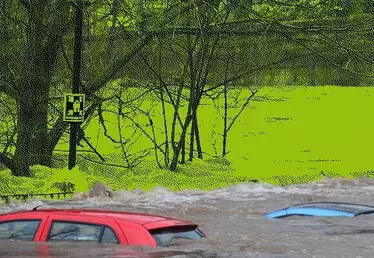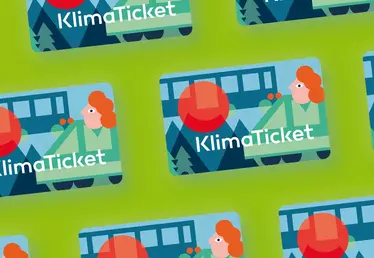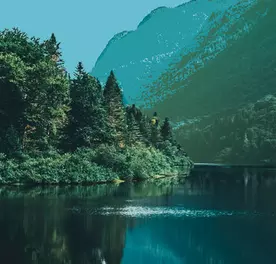
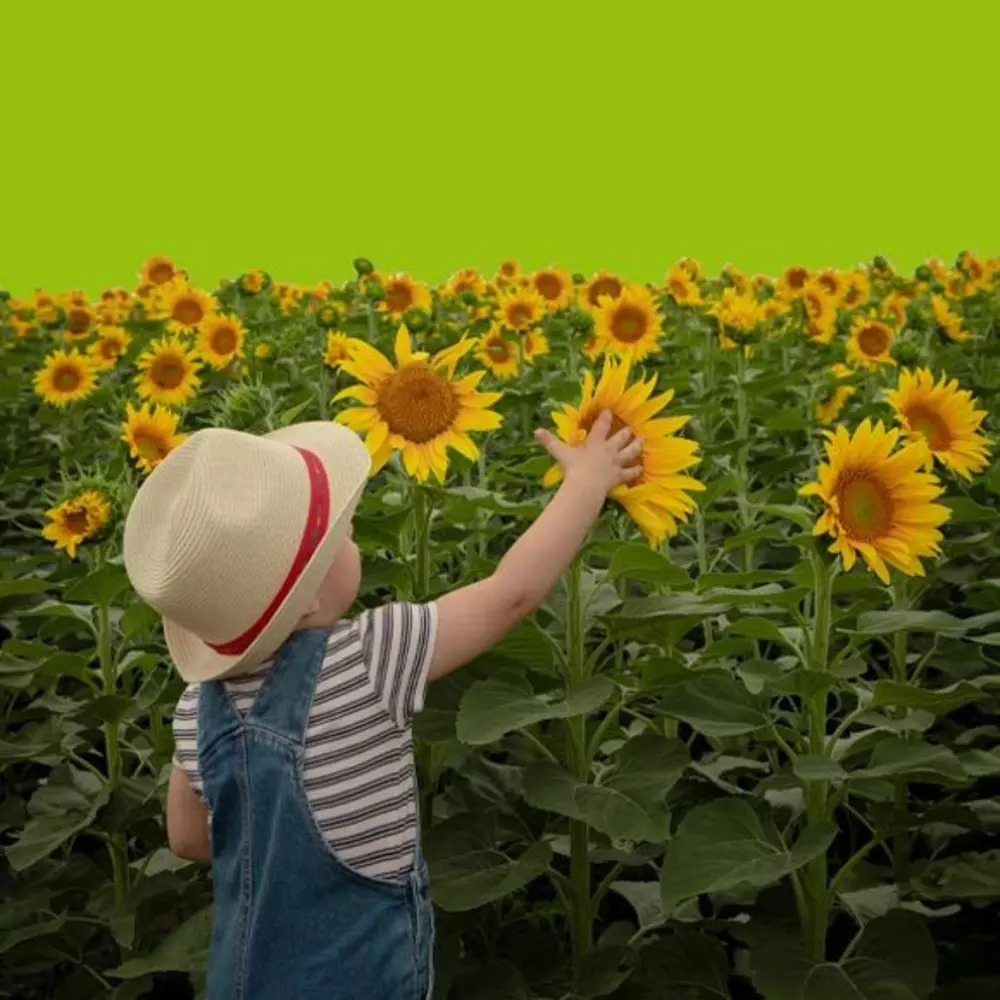
Hero banner custom title
How should you talk to children about climate change?
4 min
Children do not have the same emotional understanding as adults, so it’s important to talk to them in the right way.
Florence Millot, Paris-based psychologist and author of Comment parler à ses enfants ? (“How should you talk to your children?”) offers a few tips on how to talk to your kids about saving the planet without causing them too much anxiety.
1 – Avoid sharing your knowledge of climate change without context
Until about age 12, a child’s emotional skills and understanding are not the same as an adult. Avoid sharing your knowledge of climate change without context (numbers, potential future disasters, etc.). Children are not quite ready to process this raw information.
2 – Wait to see if your child asks any questions
If your child asks questions when watching the news, for example, don’t provide too much direct information. Ask more questions instead. “What do you think about that? How serious do you think this is? Do you think we can do anything about it? What actions would you like to take?” The goal is to keep from putting the brakes on your child’s imagination and thinking, so that they will want to take action instead of getting bogged down in anxiety.
3 – Approach the topic in a positive light
Reassure them that nothing is set in stone and that we can still do something good. Invite your child to think about how they or the family can help take care of the planet. Children typically have a lot of empathy, so they are interested in what they can do. For example, don’t tell your child they are hurting the planet by throwing trash on the ground, but remind them instead that they can help the planet by putting it in a bin.
“Don’t tell your child they are hurting the planet by throwing trash on the ground, but remind them instead that they can help the planet by putting it in a bin.”
4 – Suggest some fun activities
Age-appropriate activities can help spark your child’s interest in taking care of the environment. You can notably teach your children how to separate trash and recycling, donate their old toys to a local organization, grow vegetables on the balcony or plant flowers in a window box.
5 – Show examples of what other children are doing
It’s important to show your child examples of how much power children can have: they may like to learn about the young Canadian activist Autumn Peltier or the young Belgian environmentalist Arthur Motté, who built his own permaculture garden (author of Mon petit potager bio sur 15m²). You can also introduce older children to YouTube channels that present environmental issues to kids and teens.
6 – Introduce your child to nature so they will want to protect it
Fostering an emotional connection to nature can help your child realize how valuable our planet truly is. More specifically, you can take a walk in the woods, visit an educational farm where they can pick fruits and vegetables, take a family WWOOF trip (free room and board abroad in exchange for odd jobs on an organic farm), start hiking and more. And if you simply have no idea where to start, reach out to organizations offering plant and animal discovery field trips or environmental summer camps, or even take a science-oriented family vacation like those offered by Objectif Sciences International.

